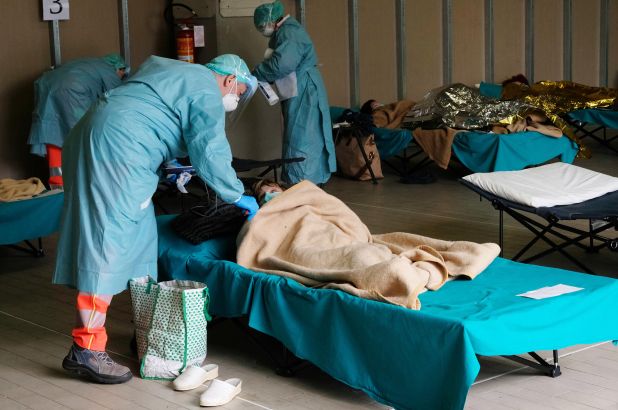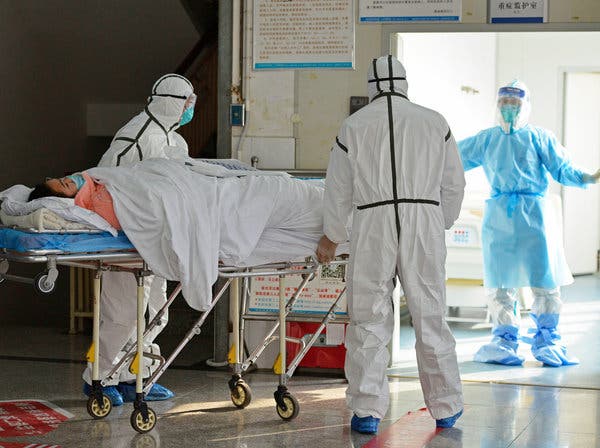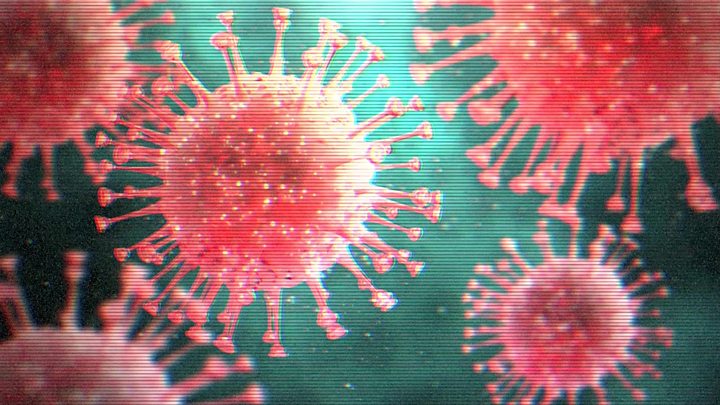Disclaimer*: The articles shared under 'Your Voice' section are sent to us by contributors and we neither confirm nor deny the authenticity of any facts stated below. Parhlo will not be liable for any false, inaccurate, inappropriate or incomplete information presented on the website. Read our disclaimer.
This article was originally submitted by Faraiba Ahmed
Amidst the chaos with the outbreak of the newly heard famous word; Coronavirus, the modern world still believes the myths and mysteries of ancient times.
The modern world of the 21st century has lost its trust; in advancements of modern technology and turned to the old remedies, solutions or the cure to battle against coronavirus. The myths and mysteries gave way to a superstitious attitude of looking back into the history of plagues of the ’20s. Trust it or not, this chain of plagues taking place in the ’20s has deeper impacts on modern man.
The plague which started in 1920 holds a proper pattern following the present day’s coronavirus’s outbreak. Interestingly, this myth has a history with The Great plague of Marseille in 1720; which killed approximately 100,000 people in France. Following its typical 20’s patterns, the world had viewed another plague’s outbreak in 1820; which killed another 100,000 people in Thailand, Indonesia and Philippines.

via new york post
The 20’s pattern had brought the worst in 1920 with pandemic influenza titled as The Spanish flu.
It was known to be the most severe and devastating pandemic plague; which infected 27 % of the indiscriminately including the young, old, sick as well as healthy individuals. This flu is held responsible for the death of 0.0052% of the world’s population. Furthermore, the most recent incident following the myth and mystery of the ’20s is the outbreak of coronavirus 2020.
Also Read Clerics Hand Out Rogue ‘Fatwas’ & Theories Regarding Coronavirus!
The virus that spurted in the Chinese province of Wuhan; rapidly took spread across the globe and infected a great majority of the world’s population. China’s timely action of locking down Wuhan kept it restricted to only one city. However, the negligence of Iran and Italy’s governments made it an unconquerable battle; for them in particular and to their neighbours in general.
The World Health Organization declared it a pandemic outbreak and it spread in almost 163 countries of the world; with 197,159 confirmed cases and approximately 8,000 deaths. The mystery and myth of the ’20s are still spreading their spells by snatching countless human lives after every hundred years.

via the new york times
But, the question is, didn’t the world progress that much to resist pandemic outbreaks?
What is the use of the countries that claim themselves to be the world superpowers or to be the superpowers when they do not have the power to resist a single virus?
To conclude with the above discussion, humanity is still at loss. We have progressed; to have become superpowers or struggling to get those titles, yet are unable to control a virus. This single Coronavirus has posed many questions, not for the progressing nations but purely for the so-called superpowers or to-be the superpowers.
Also Read: Trump Says FDA Has Approved Chloroquine To Fight Coronavirus
Where do we stand as humans when a plague makes us fight over toilet paper in the world’s richest and strongest country, the United States? How does China expect to become the future superpower when infected people in China are intentionally putting efforts to transfer their germs into others?

via BBC
Or nations like Iran and Italy who tried to hide this plague under the carpet just to maintain their so-called honour in the world’s growing market? Or progressing countries like Pakistan and India where the lack of awareness and blind faith over illogical myths have let them celebrate the holidays days in weddings, malls, restaurants and parks when the cities need to be lockdown?
The problem is with our attitude, understanding, rational and unrealistic approaches towards the most crucial events.
The world needs to work on humans rather than on machines and robots and ammunitions. Such incidents teach humans that their technology, money and financial resources can fail however humanity cannot.
Societies need to work on humans; that can contribute towards each other in the most crucial times and undoubtedly such realization would lessen the spread of the pandemic outbreak, or else, the myth would prevail.







